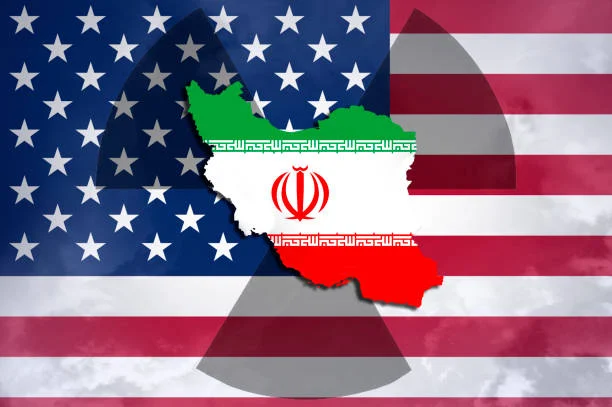Concerns Raised Over Proposed Iranian Gas-for-Iraqi Oil Exchange, U.S. Sanctions at Risk
Concerns Raised Over Proposed Iranian Gas-for-Iraqi Oil Exchange, U.S. Sanctions at Risk
Three former U.S. officials have expressed concerns that the proposed exchange of Iranian natural gas for Iraqi oil, if pursued by Iraqi Prime Minister Mohammed Shia al-Sudani, could potentially violate U.S. sanctions on Tehran. They noted that a waiver from the U.S. government would be necessary to proceed with such a transaction.
Al-Sudani announced on Tuesday that Iraq plans to trade crude oil for Iranian gas in an effort to address the recurring payment delays to Tehran, which have been caused by the requirement for U.S. approval for such transactions.
According to Al-Sudani, Iran had already reduced gas exports to Iraq by more than half as of July 1 due to Baghdad's inability to obtain U.S. approval for releasing owed funds. However, Tehran has now agreed to resume gas exports in exchange for crude oil.
While specific details about the proposed barter arrangement are limited, it is seen as a potential solution to a pressing political issue for Al-Sudani, especially as power cuts during the scorching Iraqi summer, with temperatures reaching up to 50 degrees Celsius (122 degrees Fahrenheit), are deeply unpopular.
Nevertheless, the three former U.S. officials have raised concerns that such a barter arrangement would likely violate U.S. sanctions.
Richard Goldberg, affiliated with the Foundation for Defense of Democracies think tank and a former member of the national security council staff during the Trump administration, explained, "Engaging in this type of barter transaction with Iran without a U.S. national security waiver would breach U.S. sanctions." He further noted, "This action would be prohibited under the Iran Freedom and Counter-Proliferation Act, which prohibits any energy-related transactions with Iran."
A State Department official confirmed that Secretary of State Antony Blinken had issued a 120-day waiver on March 21, allowing Iraq to exclusively make payments to Iran for electricity imports, excluding payments for natural gas used in Iraq's domestic power generation.
"The waiver issued by the Secretary in March 2023 permits Iraq to purchase electricity from Iran. It does not encompass any other transactions," said the anonymous official. The State Department publicly announced the waiver on March 31.
Speculation has arisen regarding the potential amendment of the waiver to accommodate the proposed barter arrangement, but the official declined to comment on the matter, stating, "We are not in a position to speculate on future decisions related to the waiver. At this time, we have no comment on reports of a barter arrangement between Iraq and Iran."
As of now, the Iraqi embassy in Washington has not responded to requests for comment.
According to the former U.S. officials, the Treasury Department, responsible for overseeing the majority of U.S. sanctions against Iran, broadly interprets the term "transaction" to encompass barter exchanges.
"A significant transaction is the determining factor, regardless of currency or whether it involves a barter," explained a former senior Treasury official, who spoke anonymously.
The former official also acknowledged that this broad interpretation could potentially allow for some flexibility, allowing the U.S. to overlook certain transactions. However, they emphasized that such a decision would be political rather than strictly legal.
"From a strictly legal standpoint, it undeniably violates U.S. sanctions," concluded the former official.





